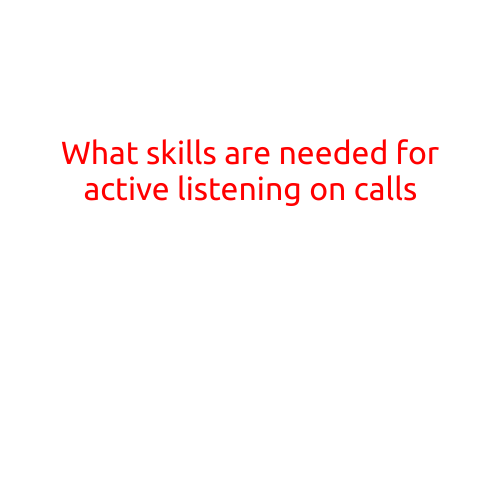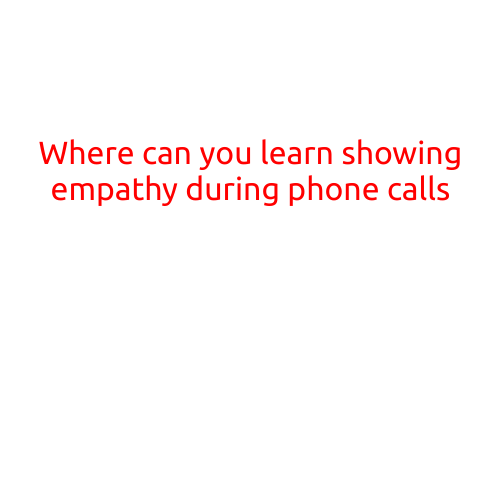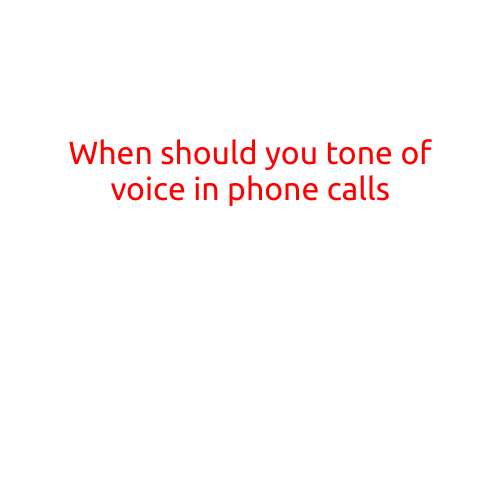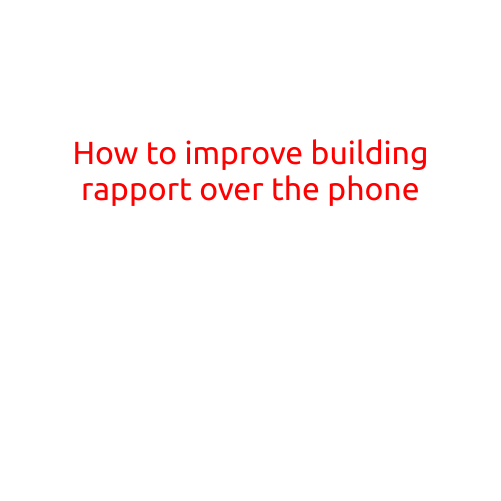
What Skills are Needed for Active Listening on Calls?
In today’s fast-paced and increasingly digital world, effective communication is more important than ever. When it comes to business calls, active listening is a crucial skill that can make all the difference between misunderstanding and success. But what are the essential skills needed for active listening on calls?
1. Silent Time
The first skill required for active listening on calls is the ability to remain silent. This might seem counterintuitive, as we’re often tempted to respond immediately to what the other person is saying. However, silent time allows us to process what’s being said, show respect for the speaker, and prevent interruptions. Make sure to pause before responding to ensure you fully understand the message before diving into your thoughts.
2. Undivided Attention
Active listening on calls requires undivided attention. Minimize distractions by finding a quiet, private space to take the call and turn off any background noise or notifications. This will help you focus solely on the conversation and avoid distractions.
3. Clear and Concise Language
Using clear and concise language is vital for effective communication on calls. Avoid using jargon or technical terms that might confuse the other person. Instead, use simple, straightforward language to ensure you’re understood clearly.
4. Visual Cues
In a face-to-face conversation, nonverbal cues like body language and facial expressions play a significant role in communication. On calls, visual cues like nodding, making eye contact (even if it’s just on a video call), and engaging with the speaker through hand gestures are crucial for showing engagement and active listening.
5. Empathetic Understanding
Empathetic understanding is another essential skill for active listening on calls. Put yourself in the other person’s shoes and try to understand their perspective and emotional state. This will help you respond more effectively and build stronger relationships.
6. Open-Mindedness
Remaining open-minded is crucial for active listening. Don’t approach the conversation with preconceived notions or biases. Instead, maintain a neutral attitude and be willing to consider alternative perspectives.
7. Note-Taking
Taking notes during calls can help you stay focused and retain information better. This can also help you identify key points and refer back to them later. However, be sure to avoid typing too quickly, as this can be distracting for the speaker.
8. Paraphrasing and Reflecting
Paraphrasing and reflecting what the other person has said is an effective way to show that you’re actively listening. Repeat back what you’ve understood in your own words, and ask clarifying questions to ensure you’re on the same page.
9. Responsiveness
Responsiveness is critical for active listening on calls. Respond promptly to the speaker and avoid long silences. This will help keep the conversation flowing and prevent misunderstandings.
10. Practice and Patience
Active listening on calls is a skill that requires practice and patience. Don’t expect to become a master of active listening overnight. With consistent practice and effort, you’ll develop the skills needed to communicate effectively on calls.
In conclusion, active listening on calls requires a combination of skills, including silent time, undivided attention, clear language, visual cues, empathetic understanding, open-mindedness, note-taking, paraphrasing, and responsiveness. By incorporating these skills into your daily calls, you’ll improve communication, build stronger relationships, and achieve greater success in both your personal and professional life.





